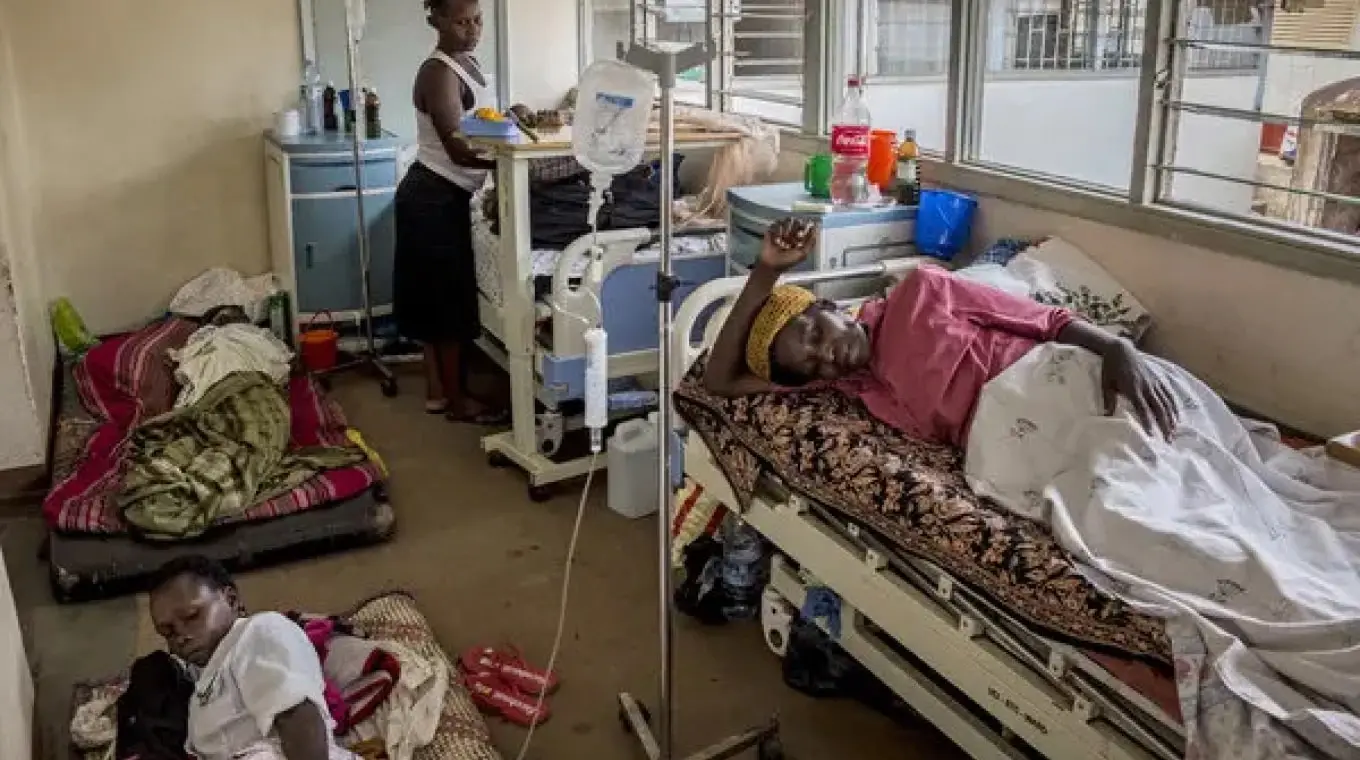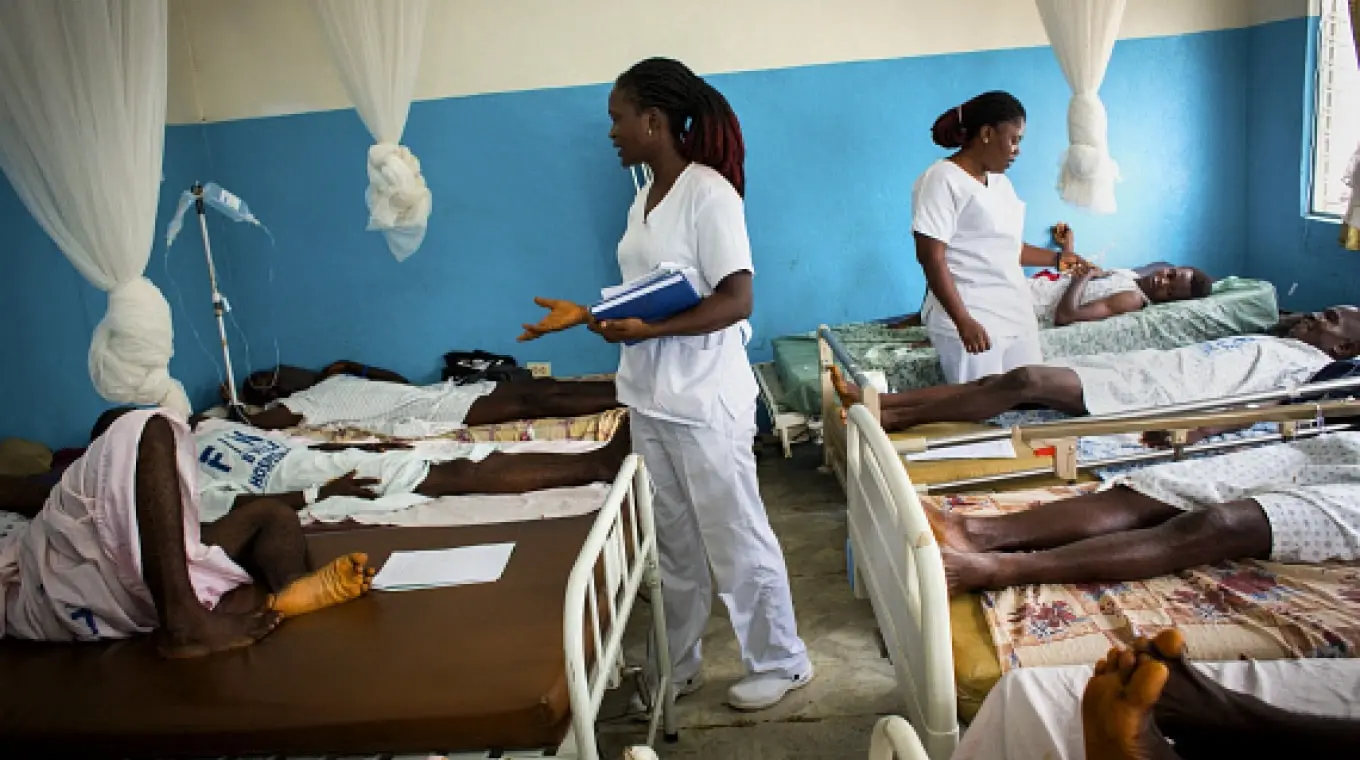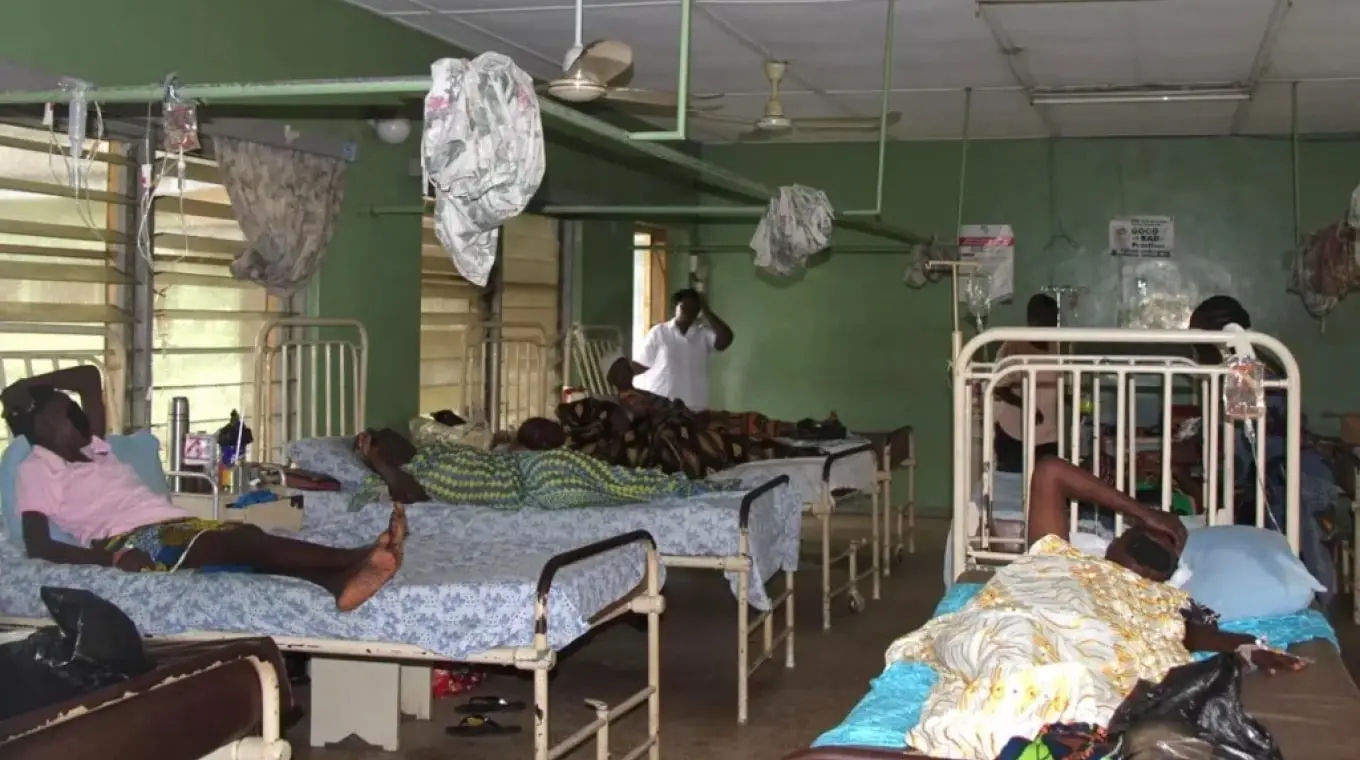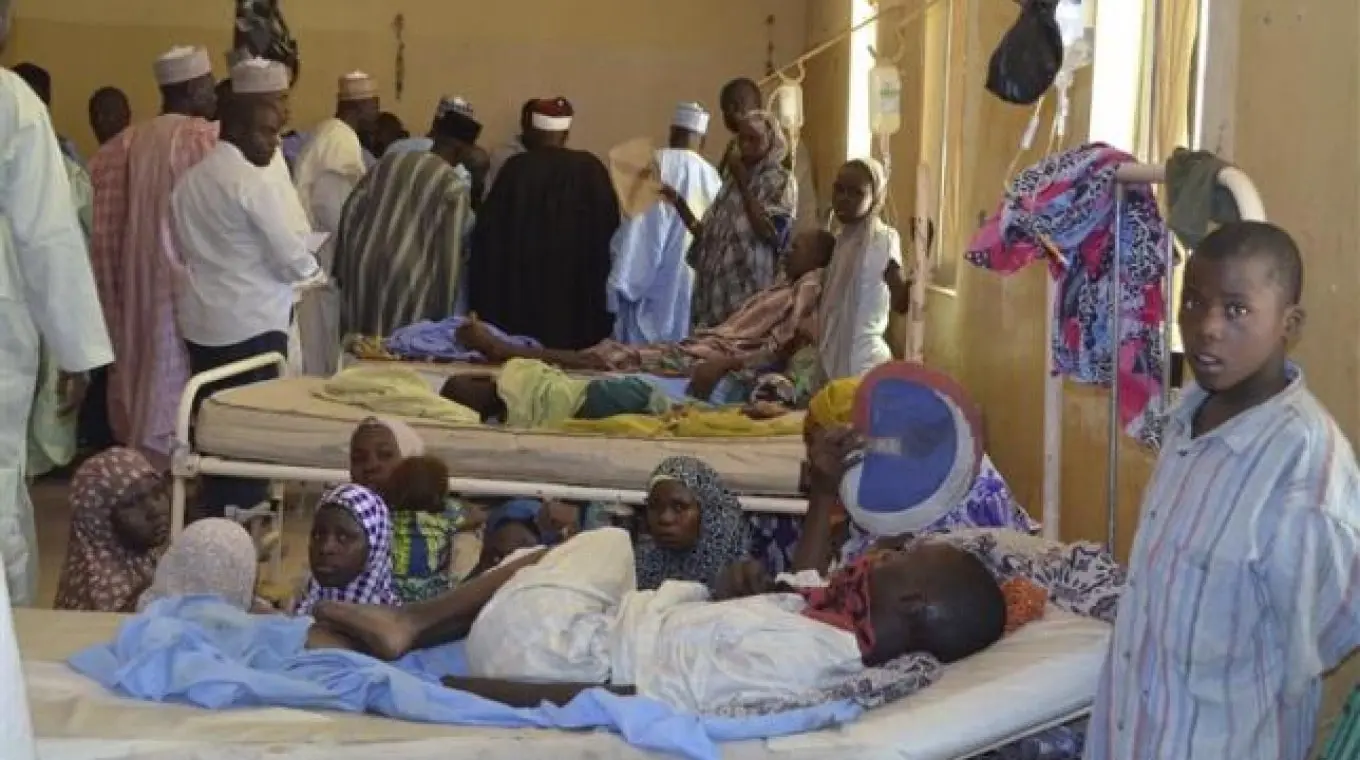Cancer Care Access Initiative
The Cancer Care Access Initiative is designed to enhance early cancer detection and screening services in underserved communities by establishing cancer booths in primary health centres.
The Issue

Many individuals in underserved communities lack access to early cancer detection and screening services. This disparity leads to late-stage diagnoses, limited treatment options, and ultimately, high mortality rates. Primary healthcare centers, often lacking the necessary infrastructure and resources, struggle to provide comprehensive cancer screening and education programs.
As of 2024, Nigeria faces a severe cancer burden, with approximately 124,815 new cancer cases and 78,899 deaths annually. The most common types of cancer affecting women are breast and cervical cancer, with cervical cancer alone accounting for about 12,000 new cases and 8,000 deaths each year. This high mortality rate is largely attributed to late-stage diagnoses and inadequate treatment infrastructure (Vanguard News) (UNICEF).


Despite advancements in cancer management globally, Nigeria struggles with inadequate healthcare infrastructure, limited access to cancer screening, and a shortage of comprehensive cancer centers.
Access to cancer care initiatives, especially in rural areas, presents a significant challenge due to:
- Access to healthcare facilities,
- Shortage of specialists,
- Financial barriers for patients,
- Late diagnosis due to lack of awareness, and
- Other socio-cultural factors, such as ranging from little to no awareness to a lack of training programs and initiatives (Federal Ministry of Health).

Our Solution
The Cancer Care Access Initiative is designed to enhance early cancer detection and screening services in underserved communities. We achieve this by establishing cancer booths in primary healthcare centers. These booths will provide comprehensive cancer screening and educational programs for local communities.
By partnering with healthcare providers and leveraging community networks, we aim to:
- Improve early detection rates
- Support cancer patients
- Enhance their quality of life
We believe our efforts will contribute to improved treatment outcomes and a reduction in cancer-related mortality rates.